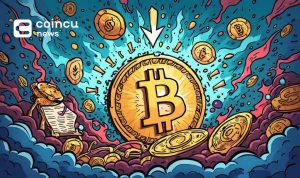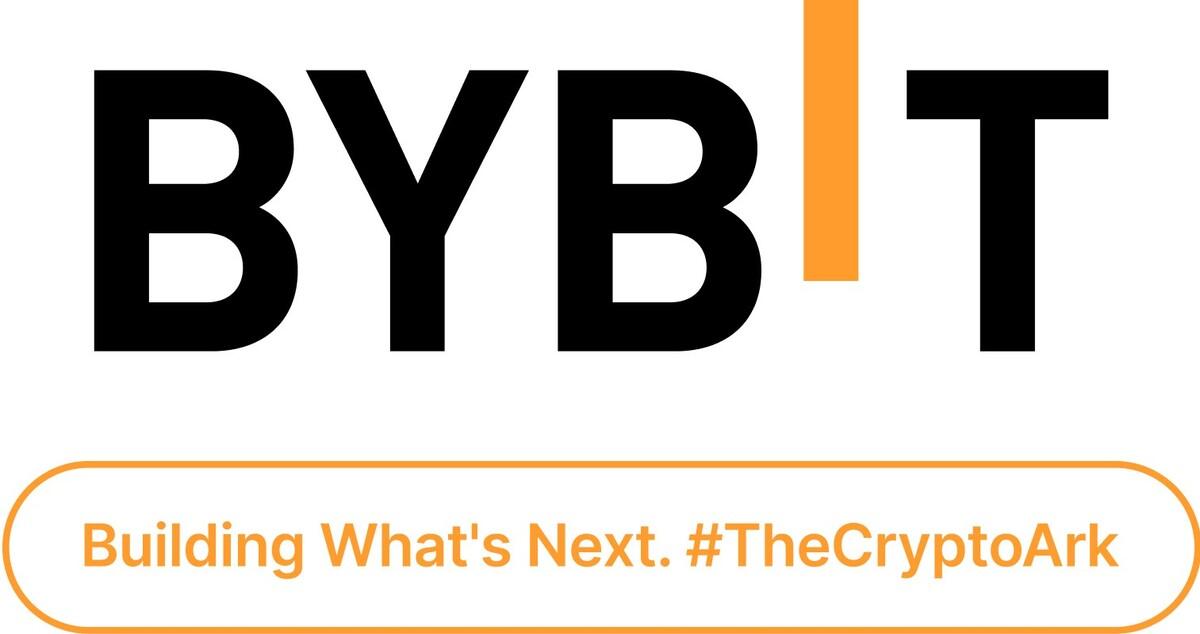Key Points:
- South Korea’s parliamentary election highlights the nation’s significant presence in the global crypto market.
- Major political parties offer incentives related to cryptocurrencies to win votes, including delaying digital-asset taxes and easing restrictions on Bitcoin ETFs in Korea.
- Despite regulatory concerns and past failures, South Korea is growing in acceptance of digital assets.
According to Bloomberg, campaigning for South Korea’s parliamentary election has emphasized the nation’s significant presence in the global crypto market, with major political parties offering incentives to sway voters.

Bitcoin ETFs in Korea Take Center Stage in Election Campaign
President Yoon Suk Yeol’s People Power Party pledges to postpone a digital asset tax, while the opposition Democratic Party promises to ease restrictions on exchange-traded funds (ETFs), including those linked to US Bitcoin products.
“We’re going to allow the ETFs, whether domestic or overseas,” stated Democratic Party policy specialist Hwanseok Choi, highlighting the party’s manifesto. With over 6 million South Koreans engaging in the crypto market via registered exchanges last year, this sector holds significant sway over potential voters.
The recent US approval of ETFs investing directly in Bitcoin, amassing approximately $57 billion in assets, contrasted sharply with South Korea’s securities regulator’s caution against brokering these Bitcoin ETFs in Korea. This move caused confusion and impacted stocks. However, the People Power Party’s manifesto aims to delay planned crypto gains taxes beyond 2025.
As expectations rise for the eventual approval of Bitcoin ETFs in Korea, the crypto market may become more established as an investment asset, according to Hanwha Investment & Securities Co.’s alternative asset analyst, Yumin Kim.
South Korea’s Crypto Market Influence: A Political Battleground
Despite South Korea’s active participation in the recent crypto bull market, which has been marked by enthusiasm for various cryptocurrencies beyond Bitcoin, regulatory concerns persist. Memories of past failures, such as Do Kwon’s Luna and TerraUSD tokens collapse in 2022, still haunt the nation, but the current market surge of $900 billion this year eclipses these losses.
Both major parties acknowledge the need for investor protection and propose wider regulations for the crypto industry. Analysts suggest a potential shift towards greater acceptance of digital assets in South Korea, aligning with broader Asian trends while contrasting with the skepticism prevalent among some US officials.
| DISCLAIMER: The information on this website is provided as general market commentary and does not constitute investment advice. We encourage you to do your own research before investing. |























